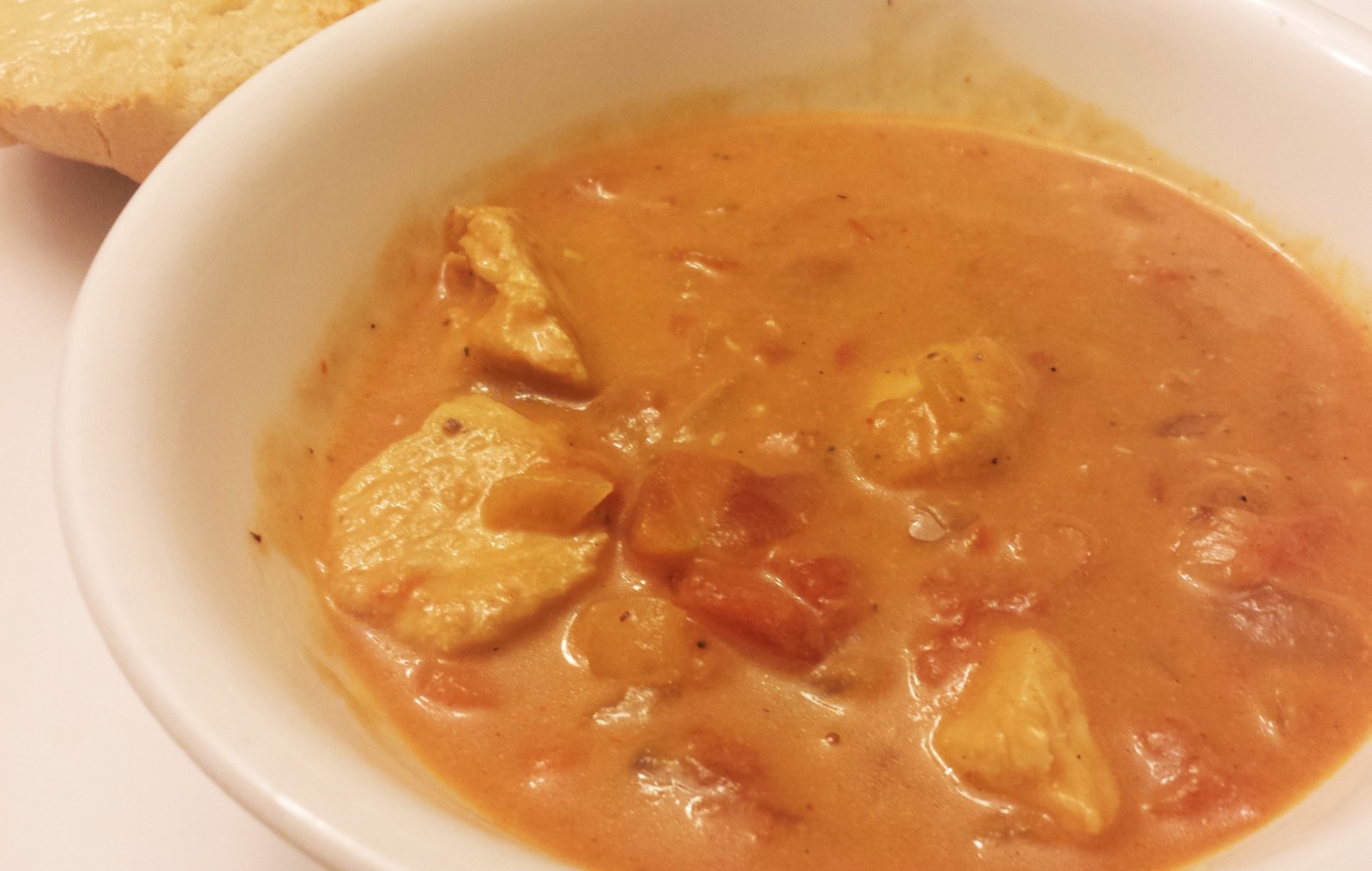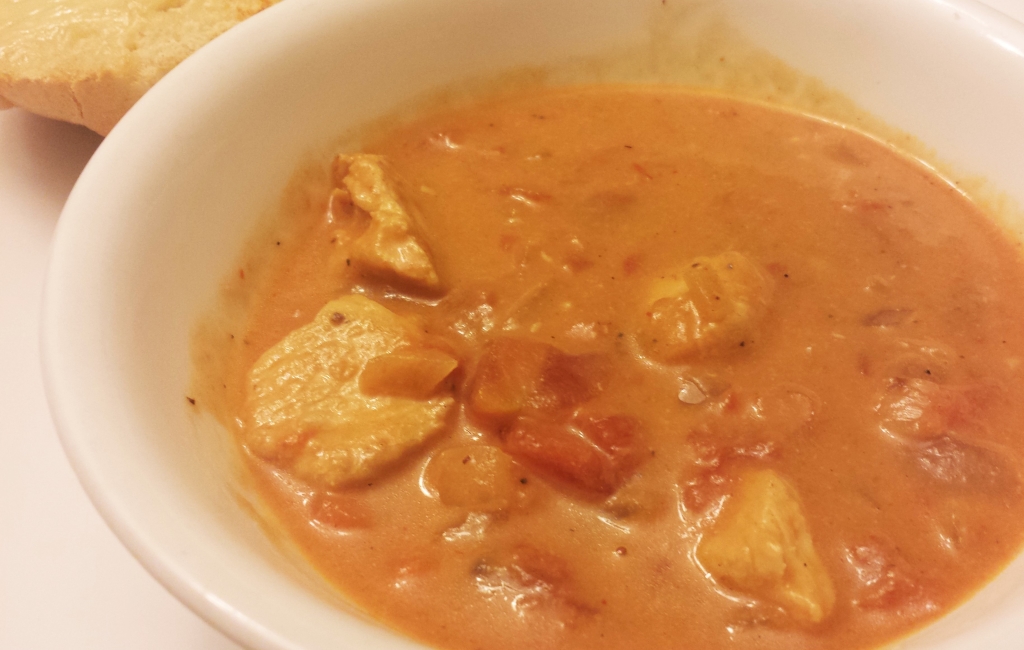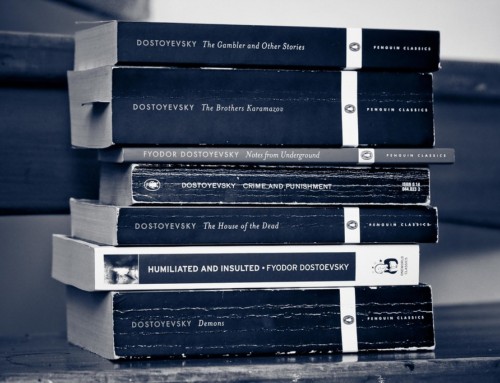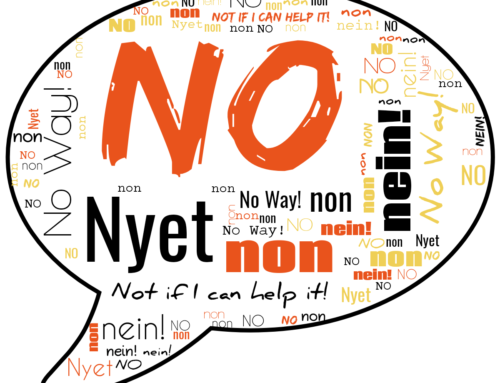I just fought my way through one of the most exhaustive, repetitive, acronym-choked books I have ever read.The good news is that I only had to read half of Eurabia, by Bat Ye’or, since its remaining pages were appendixes and footnotes.
The bad news is that it’s very bad news indeed.
Two hundred and seventy pages of bad news.
I had no sooner shut the book with a sigh of relief when I turned on the news and saw what happened in Paris. It was as if Ms. Ye’or was pointing at my TV and saying, “This is what I’ve been trying to tell you.”
What she wrote in 2004 can illuminate us all today.
==============================================
“Broad historical movements that profoundly transform human societies are difficult to discern in the short term. They extend over decades, often centuries, and affect the social fabric in multiple ways that are scarcely noticed by contemporary commentators but become perceptible in times of accelerated social change.”
— Bat Ye’or
From this thesis statement, Ye’or painstakingly documents 40+ years of collaboration between Europe and Arabia. I’m not clear on who made the first move in this romance. Did Arabia bat her eyelashes at France? Or did France sit next to Arabia and utter its smoothest pick-up line?
I’m a little more clear on what each party wanted out of the alliance.
France has a colonial past, which includes a good many African nations. It has always nursed dreams of maintaining its own empire, something to rival that other Great Power across the Atlantic. It is also an industrialized nation and it needs oil.
Arabia, on the other hand, wants respect, specifically the respect that is due to Islam. Oh, and the obliteration of Israel.
What resulted are meetings, conferences and speeches wherein the European Union and the Arab world laid out agreements to share technology, allow immigration, even produce movies and TV shows together. Arabia even secured Europe’s promise to scour its school textbooks, rooting out anti-Arab prejudice and “inaccurate” history.
Well, really, who could be against a little mind-broadening cultural exchange? A little “We’ll sample your hummus. You can try our peanut butter”?
The trouble is, Islam isn’t interested in our peanut butter. In fact, they seem insulted by the offer.
Actually, they don’t like much of anything about the West, and their Qu’ran instructs them to vanquish it by any means possible.
Meanwhile, Europe has refined the art of apologizing for its culture, and “encouraging” its leading thinkers to do the same. “Intellectuals, writers and clergymen who dared to defend Israel were silenced and dismissed form their posts.”
As for exchanging peoples, Europe was flooded with immigrants “who came with no intention of integrating into European society and culture. Instead, they arrived with the desire and the legal right, granted by the EC itself, to impose their own culture upon the host country. These immigrants rejected Europe’s secular institutions as inferior to those of the shari’a, which they believe have been revealed by Allah through the Qur’an. . . .”
These minorities “call for partial incorporation of shari’a into European civil law in matters concerning marriage, family, and education.” They show no respect for the laws already on the books.
Maybe, you say, Europe should just give in. They should respect the way these people do things. It will go easier on everybody, no?
You do understand what that means, don’t you?
Wherever shari’a law reigns, non-Muslims — that’s you and me — live in a state dhimmitude. As explained by Ye’or:
“In Muslim lands governed by the shari’a, Jews and Christians had to acknowledge the superiority of Islam at all times. Criticism of shari’a law drew severe punishment. Dhimmis adopted a servile language and obsequious demeanor for fear of retaliation and for their self-preservation. . . . A dhimmi was forbidden to possess arms and to defend himself if he was physically assaulted by a Muslim; he could only beg for mercy. He was deprived of two fundamental rights: the right of self-defense against physical aggression and the right to defend himself in an Islamic law court, which refused dhimmi testimony in relation to a Muslim. Dhimmis could be judged under the provisions of their own legislation. However, dhimmi legislation was not recognized in Muslim courts, whose judgments superseded dhimmi legal decisions.
“Dhimmis were forbidden to have authority over Muslims, to own or buy land, . . . In the social domain, they had to be recognizable by their clothes, the shape, color, and texture of which were prescribed from head to foot; the color and size, as well as the location, of their homes was also strictly regulated. . . A dhimmi had to hurry through the streets, always passing to the left (impure) side of a Muslim, who was expected to force him to the narrow side or into the gutter. He had to walk humbly with lowered eyes, to accept insults without replying, to remain standing in a meek and respectful attitude in the presence of a Muslim and to leave him the best place.”
Ye’or says that Europe has been living out a form of dhimmitude for several decades now. “The dread of terrorism has prevented various Muslim, Christian, and Jewish groups from expressing solidarity with Jews, Israel, and even with America. In addition, the economic threats and intellectual terrorism of the Arab Muslim states has reproduced in Europe the harassment and fear inherent to the dhimmi condition. . .”
A chairman of the British Broadcasting Standards Commission “acknowledged that British scriptwriters are cautious: ‘In portraying Muslims they have held back, they have censored themselves, they are timid.’
And: “As the mass of Europeans remain to this day totally ignorant of the EAD agreements, they did not perceive that the growing social insecurity, and erosion of their basic freedoms, and the unrelenting mutation of their societies resulted from the consciously chosen policies of their own leaders.”
What Ye’or is trying to tell us is: understand the enemy. What we’re up against is a huge population, all of whom take their cue from the same holy book. This book commands them to make every one of us subject to its laws, and murder is an acceptable way to accomplish this goal. The book promises glowing rewards to its soldiers: “The Islamikazes, writes
Ye’or names the United States and Israel as nations who are willing (or were, up until 2008) to stand up to this threat. What do they get for their pluck? “The EU countries . . . cannot and do not want to perceive the threat of global jihad. Having based their policies on this obfuscation, they prefer to consider as a danger those countries like Israel and America that, by fighting jihad, expose its reality.”
Anybody remember the ribbing we took when we sent troops to Iraq?
Given what we’re up against, bumper stickers like this one
are no better than taking policy advice from eighth-graders. They ignore the substance of the world’s most vexing problems. They imply that no smart person gets worked up about mere beliefs, nor do they trust news sources that do the same.
It’s not that the West is too dim to value other cultures, or too cowboy to apologize for its mistakes. It’s that we’re playing by one set of rules and our foes are playing by another.
Bat Ye’or plainly believes that our rules and our way of life are worth fighting for.
Every one of Eurabia’s 270 pages was drier than a terms-of-use agreement, but I stuck with it out of respect for the author’s research.
=============================================
Finally, it might sound like I’m too aggravated to do something I actually enjoy doing, but we have to eat, right? So I fixed this stew, which fits my idea of great French country cooking.







This was really really interesting and eye-opening.